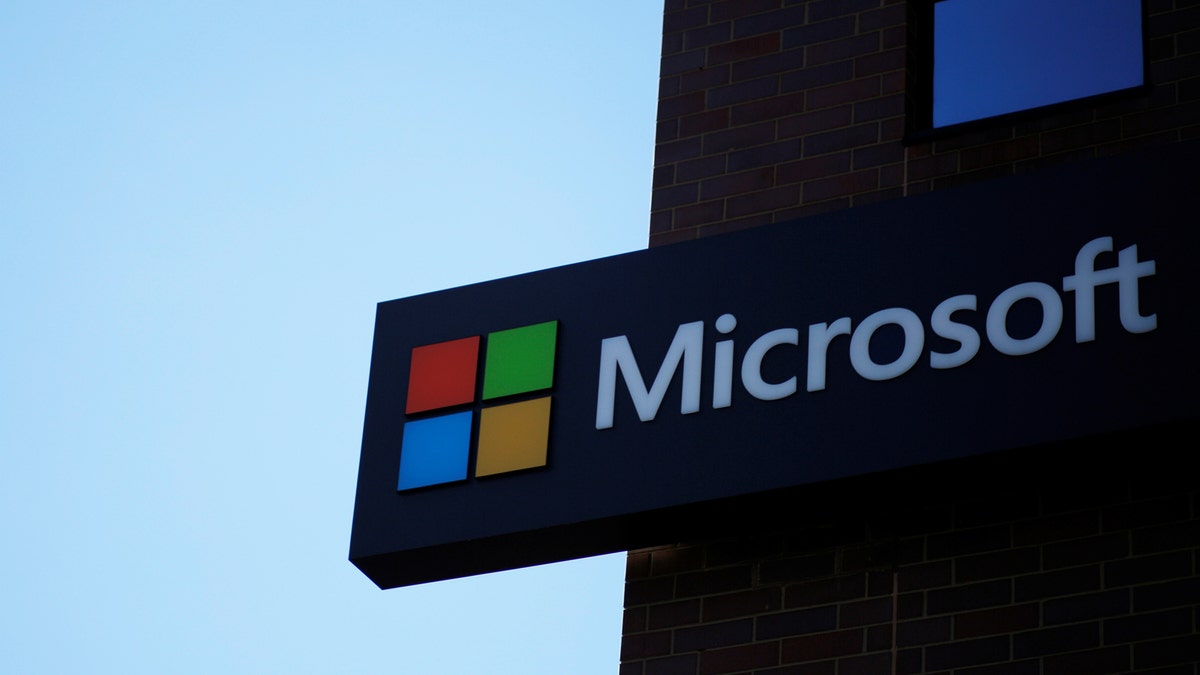
File photo: A sign marks the Microsoft office in Cambridge, Massachusetts, U.S. January 25, 2017. (REUTERS/Brian Snyder)
Microsoft's Surface family suffered a major blow Thursday, August 10, as Consumer Reports not only pulled its recommendation forallSurface-branded products, but moved them into the dreaded "not recommended" category. The consumer watchdog publication cited concerns over longevity and a remarkably high failure rate in its statement summarizing its decision.
"New studies conducted by the Consumer Reports National Research Center estimate that 25 percent of Microsoft laptops and tablets will present their owners with problems by the end of the second year of ownership," Consumer Reports said.
To clarify, it's not just the new Surface Laptop that has drawn criticism from Consumer Reports, but the entire lineup -- the Surface, the Surface Pro, Surface Book,and the new Surface Laptop. These products are now "not recommended" by the consumer watchdog publication, but a few products in particular received even more devastating news, in that their previous recommendations are being reversed.
Both the Surface Laptop, 128GB and 256GB versions, and the Surface Book, 128 and 512GB versions, are losing their previous recommendations on account of their unusually high failure rates.
Microsoft defended its products, stating that the Surface lineup is more reliable than Consumer Reports claims.
"Microsoft's real-world return and support rates for past models differ significantly from Consumer Reports' breakage predictability," Microsoft told Consumer Reports. "We don't believe these findings accurately reflect Surface owners' true experiences or capture the performance and reliability improvements made with every Surface generation."
Microsoft's statement very carefully maneuvers around the Consumer Reports data, stating that the Surface improves with each generation, and that should be taken into account when considering failure rates.
Even if true, that avoids the question of currentreliability. Stating that a product's failure rate goes down with each successive generation doesn't exactly speak to the core issue -- that Surface products reportedly have a reputation for failing the people who buy them. The fact that they might fail less than they used to isn't going to matter to someone who just shelled out upwards of $1,000 on a product that might only last around two years.
One reason for the reportedly high failure rates could be that Microsoft is relatively new to PC manufacturing.
The reality is that Microsoft has very little experience in some of the newer categories its entering very rapidly, which may expose it to more risk of problems in manufacturing, a chief analyst at Jackdaw Research, Jan Dawson, told Reuters.
The problem here is that Consumer Reports and Microsoft each have their own data supporting their respective conclusions. Of course, only one of these two companies actually has a vested interest in people believing the Surface products are reliable. The other just wants to make sure you're able to make an informed decision about which products you buy.
